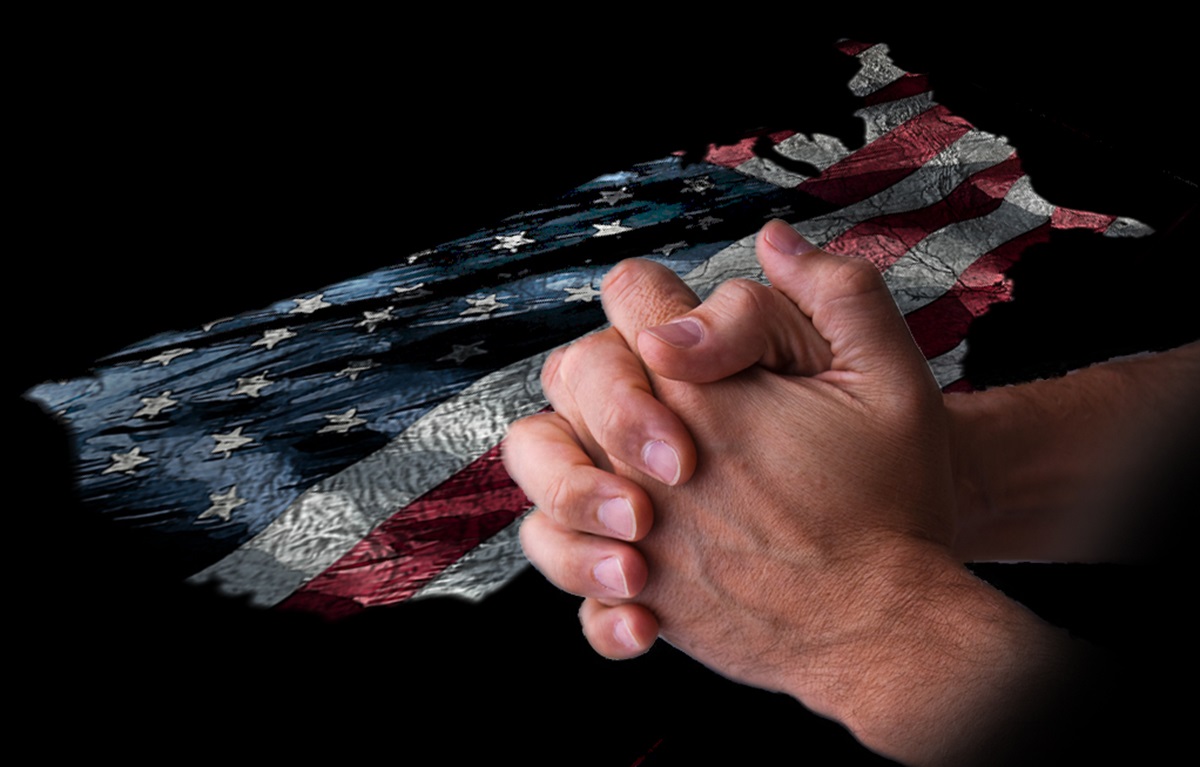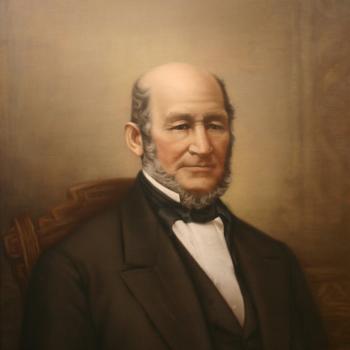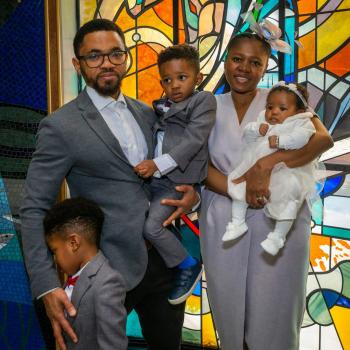On the Fourth of July, Americans hear “If my people, called by my name” taken out of context. But it doesn’t mean what you think it means.

Many Americans are celebrating Independence Day in a Christian context. This could mean that the Sunday prior to the holiday, your church’s worship service was a patriotic gala. Or it might mean a civic celebration “blessed” to have a minister give an invocation. 2 Chronicles 7:14 is almost ubiquitous at these events. Not to disappoint, I’ll quote it here. But it doesn’t mean what you think it means.
If my people who are called by my name humble themselves, pray, seek my face, and turn from their wicked ways, then I will hear from heaven and will forgive their sin and heal their land.
On patriotic holidays, we love to hear this verse. Let me tell you why we’re taking it out of context.
The Context
The context is a celebration of the completion of King Solomon’s palace and the Temple of God in Jerusalem. After Solomon sent the people home, God appeared to Solomon in a dream. God promised that if the people abandoned their devotion and reaped judgment on themselves, heaven would bless them once again if they would repent and return to God.
A MAGA Interpretation
Many conservative Americans believe that the United States has been heading down the wrong path for a long time. This verse reminds them that it’s not too late. They believe God may yet return divine blessing if Americans repent and turn to God. In their view, God will “make America great again,” if Americans follow this simple four-step process:
- Humble themselves
- Pray
- Seek God’s face
- Turn from their wicked ways
When they do this, they believe God will hear from heaven, forgive their sins, and heal their land. But this MAGA interpretation is out of context.
It Doesn’t Apply to America
This interpretation is out of context because it doesn’t apply to America. These are the words of the Hebrew God to a particular king of Israel at a specific point in time. It’s a faulty hermeneutic to believe that all of the promises in the Bible apply to you, your nation, and your situation.
I can’t tell you the number of times I’ve heard this verse quoted at civic events. Along with the reminder that if those heathen atheists would repent, things would change. Or if those ungodly people in San Francisco, Hollywood, or Washington would only return to God, then God would make America great again. But that’s not what this verse says. This was an ancient Israel thing, not an America thing.
If You Must Apply It to Somebody…
Okay, I understand. It’s important to you that all of the Bible applies to all of the people, all of the time. Let’s grant that, for just a moment. What does this verse say again? “If my people who are called by my name.” Who calls themselves by the name of a god? Not the Muslims—they don’t call themselves “Allahists.” Not the Buddhists—they don’t believe Buddha is a god. It isn’t the Jews—they aren’t called Yahwists. Who calls themselves by the name of a deity? Oh yes, it’s Christians or Christ-ones! We are the ones called by the name of God. I know it sounds like I’m stretching this to the level of absurdity, given the fact that this scripture doesn’t relate to today’s context. But if Christians must apply it to somebody today…they must apply it to themselves.
Religious People Must Repent
The finger-pointing must end when Evangelicals realize that it’s not the “ungodly sinners” who need to repent. It’s the religious people who must humble themselves, pray, seek God’s face, and turn. This is the message that Jesus spent so much time trying to convey. It’s the message that got him killed—that religious people need to repent.
Apply This Verse to Yourself
If you’re a MAGA Christian who has puffed out their chest in pride upon hearing this verse read out of context at a church or civic event, then it’s time you apply it to yourself. This means:
- MAGA Christians must repent for pointing at the godless and ungodly, and blaming them for the nation’s woes.
- MAGA Christians must take responsibility for falling down on the job—for becoming so distracted by power politics that they have failed to be the voice of Christ to hurting people.
- MAGA Christians must repent of the discrimination and pain that they have caused immigrants, LGBTQIA+ folks, women, people of color, and people with disabilities, all while wearing the cross of Christ.
- MAGA Christians must stop making Jesus the poster child for their own political plans and activist agendas.
- MAGA Christians must stop relying on schools and other governmental institutions to teach their children their faith. Parents must remember that virtue is something they must demonstrate by their example, and not by legislation.
- MAGA Christians must learn to follow the Golden Rule and treat others the way they would want to be treated—in religious systems and political.
- If they really want to make America great again, MAGA Christians must return to the aid of the poor and afflicted, the outcast and forgotten.
I’ll say once again that 2 Chronicles 7:14 has nothing to do with the United States of America. It doesn’t mean what you think it means. But MAGA Christian, if you must make it relevant to the good old USA, then you’ve got to apply it to Christianity, and to yourself.


















